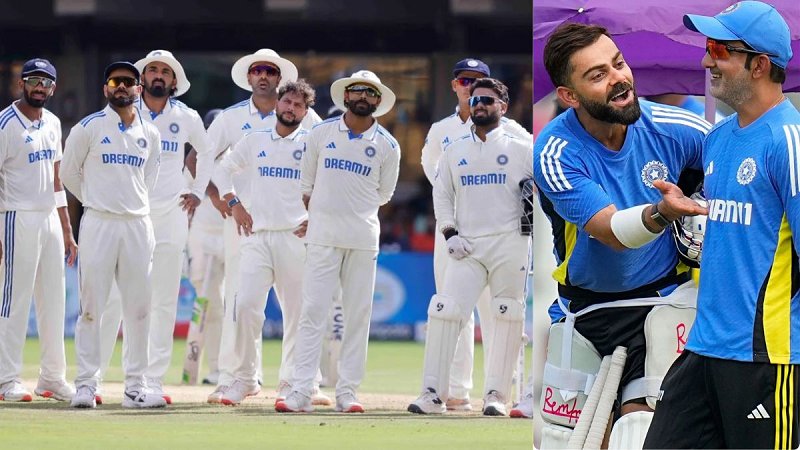Even though this monsoon season is going to bring relief from the scorching heat, in fact, these days all people are advised to take special care of their health. Monsoon also brings with it many diseases. Health experts say this season is considered to be even more challenging for people with weak immunity. The risk of infection caused by viruses and bacteria is high during rainy days, so we all must take special care regarding cleanliness and food habits.

Many things which have been considered beneficial for health in normal weather, are advised to eat less or keep distance during monsoon days. Milk is also one of them. Ayurveda experts say that the consumption of milk should be reduced during monsoon, it can cause harm.
Let us know from which other things it is necessary to keep distance in monsoon.
Why should not drink milk in the monsoon?
Health experts say consumption of dairy products like milk and curd should be reduced during monsoon. Dairy products may be more prone to germ growth this season.
Eating curd during monsoon is also not considered beneficial in Ayurveda. According to Ayurveda, Vata increases in monsoon and Pitta also accumulates. Curd has a cooling effect, so it is advised to reduce its intake during monsoon. It can also increase digestive problems in people with weak digestive systems, as well as cold flu in people with weak immunity.

Mix turmeric if you want to drink milk
Health experts say, if you drink milk daily and want to continue consuming it even during monsoon days, then take a small measure, it not only increases the strength of milk but also reduces the risk of many infectious diseases occurring in monsoon. may also be less. You can consume it by mixing a pinch of turmeric in milk. Turmeric milk is very beneficial in protecting against infectious diseases and increasing the immunity of the body.
Let us know what other things should not be eaten or drunk in the monsoon.
Leafy vegetables
Leafy green vegetables have been a part of a healthy lifestyle. But during monsoon, it is advised to reduce or not consume them. There is excessive moisture in the air during this season and the moisture is considered favorable for the breeding of bacteria-harmful microorganisms. The soil in which these vegetables grow is also highly polluted these days, so greens and leafy vegetables should be eaten less in this season. If you must eat it, make sure to wash and cook it properly.
Avoid eating fried food
It is also advised to reduce the consumption of fried foods like samosas or pakoras during this season as eating these foods in excess can lead to many gastrointestinal problems like indigestion, bloating, diarrhea, and other problems. Also make sure to avoid re-using fried oil, as it can be toxic to your health.

Consume only those things these days which are considered better for digestion.
(PC: Freepik)










